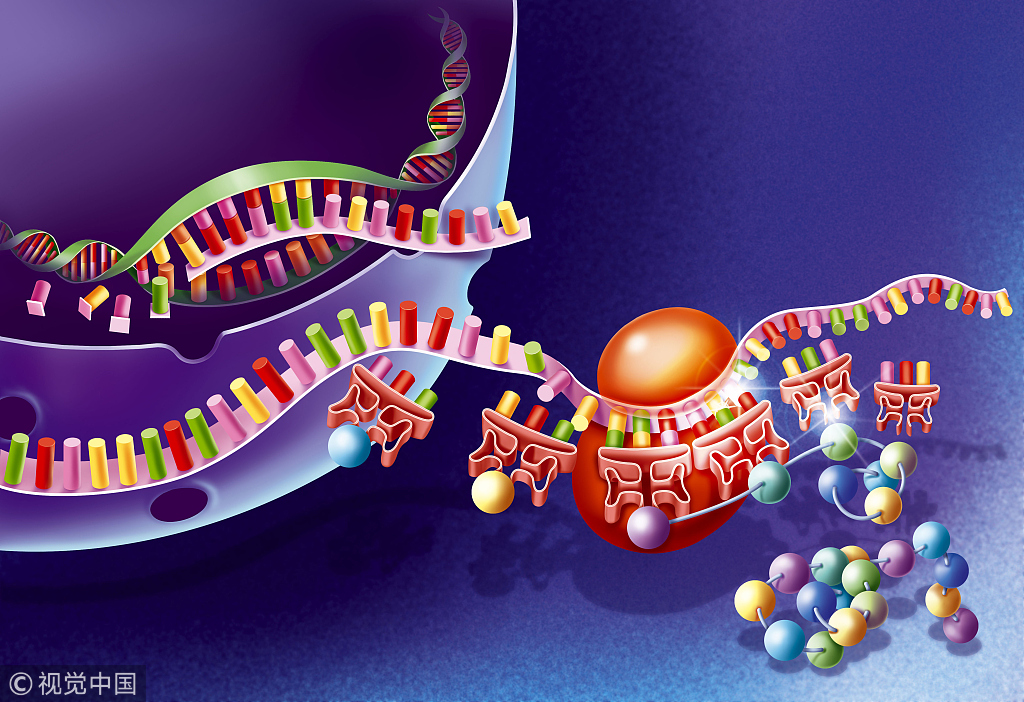Study finds gene associated with twin pregnancy


A genome study of more than 140,000 Chinese has found a gene locus associated with twin pregnancy, Beijing News reported.
The largest of its kind for the Chinese population to date, the study was conducted by Shenzhen-based Beijing Genomics Institute and published in the international academic journal Cell on Oct 4.
The team analyzed two traits - maternal age and twin pregnancy, and found a mutation locus on gene NRG1 that is significantly related with twin pregnancy, meaning a woman has more probability to conceive twins if she carries a mutation on gene NRG1.
Everyone has gene NRG1, but some people have mutation on a specific location on this gene, said Liu Siyang, the first author of the article published on Cell.
Beijing Genomics Institute said it would invest more on the study and expand the samples to one million from the current 140,000, contributing to birth defects prevention and control, tumor study, and medicine research and development in China.
- China's success in development empowers Global South: senior academic
- Study explains why Chang'e 6 moon soil is unexpectedly sticky
- Rare Sapria himalayana once again enters blooming period in Yunnan
- Shenzhou XXII to launch with full cargo load
- Students practice restoring Yuan Dynasty mural details at Shanxi University
- Ministry crackdown dismantles counterfeiting criminal industrial chains




































